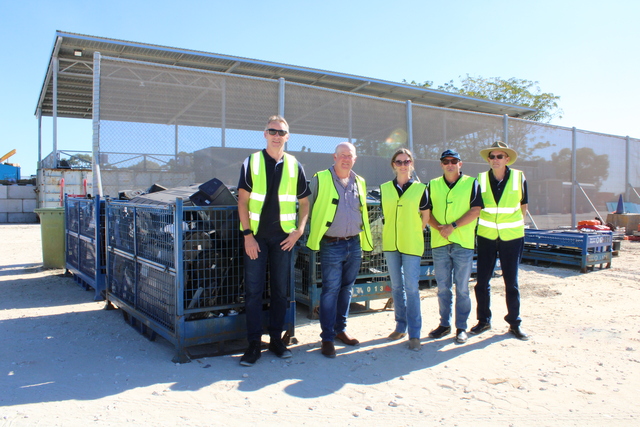A 100 hectare redevelopment of surplus industrial land, known as Steel River, is a prime example of the new direction Newcastle is taking in the wake of industrial restructuring.
The long history of Newcastle as an area of heavy industry will probably always be remembered with some affection, but the decline of the steel industry has provided opportunities to reinvent the City to conform to new community expectations. These include a demand for clean industry, energy efficient housing, and highlighting rather than obscuring areas of natural beauty, such as the harbour and beaches.
The Steel River project represents cooperative planning with contributions from site owners BHP, members of the local community, Council, the Environment Protection Authority and Department of Urban Affairs and Planning. Over more than three years, guidelines have been developed for the site to ensure the project meets its environmental, social and economic goals.
A feature of the project has been the intense community consultation which saw a steering committee established to meet on a fortnightly basis for 15 months. The community remains involved with representation on the body which will decide what will happen on the site.
The strategy is to attract industry that is compliant with the concept of industrial ecology. This means all by products must be reused, that is become the feedstock for other industries. An environmental envelope for the whole area has also been developed. This defines upper levels for pollution, such as greenhouse emissions and noise.
Industry wishing to locate at Steel River liaises with the management company for the estate before the proposal goes to Council. With all issues ironed out at this stage, approvals are usually granted within 28 days. Already the site has attracted the CSIRO which will establish its National Research Laboratory for Energy on the site. Other related industries are expected to follow.
Another feature of the development is the creation of an effective free trade zone known as manufacturing in bond. This means materials imported to create goods for export do not incur customs and excise duties. “This was once a dumping site,” said David Crofts, Director City Planning. “Remediation work by BHP has turned it into an attractive, high quality, environmentally sustainable industrial site.”
For further information contact David Crofts, telephone (02) 4974 2873







